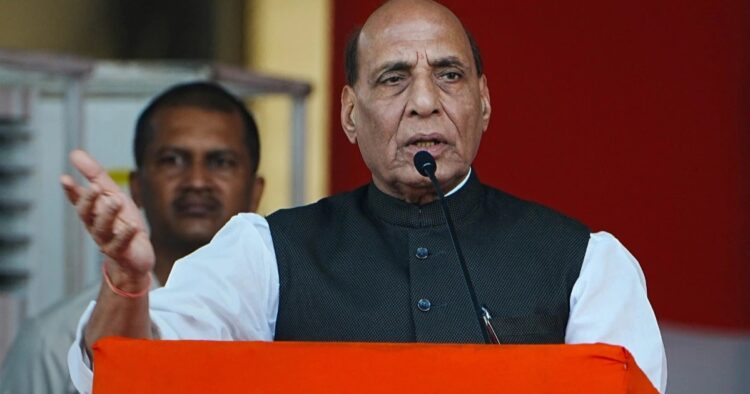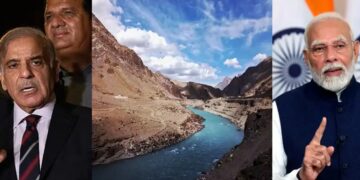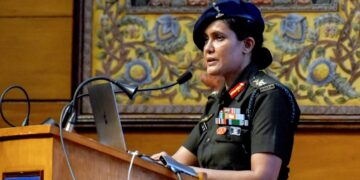Recently in a rally in Gautambudh Nagar, Defense Minister Rajnath Singh aimed at the Congress party, accusing it of a history of religious division within society. Singh emphasized that the BJP, led by Prime Minister Narendra Modi, has consistently avoided such divisive politics, focusing instead on fostering unity among religions.
Singh’s remarks come amidst a crucial period, with the district gearing up for elections on April 26th. Speaking at Bisada village in Dadri, Singh highlighted the BJP’s commitment to inclusive governance, contrasting it with what he perceived as the Congress’ attempts to sow discord.
He specifically criticized the Congress’ manifesto, which allegedly includes plans for property surveys that could exacerbate resource division. Singh recalled a statement from former Prime Minister Manmohan Singh, suggesting preferential treatment for minorities in resource allocation, and urged for equal rights for all citizens.
Singh pointed out past instances where the Congress party allegedly marginalized certain communities, such as the withdrawal of reservations for Scheduled Castes and Scheduled Tribes in educational institutions like Jamia Milia Islamia and Aligarh Muslim University.
Further, Singh accused the Congress of playing identity politics, alleging that it has historically capitalized on Hindu-Muslim divisions to secure power. He reiterated the BJP’s vision for national development and unity.
Addressing recent criticism over the unopposed victory of a BJP candidate in Surat, Singh dismissed claims that it undermined democracy. He argued that such victories strengthen democracy, drawing parallels to past instances of unopposed wins by other parties without similar outcry.
Singh’s speech underscores the ongoing political rivalry between the BJP and Congress, with both parties vying for support ahead of crucial elections.
While the BJP emphasizes its commitment to unity and development, the Congress faces scrutiny over its alleged divisive tactics and electoral strategies. As the campaign season intensifies, such exchanges are likely to shape public discourse and influence voter sentiments.

















Comments